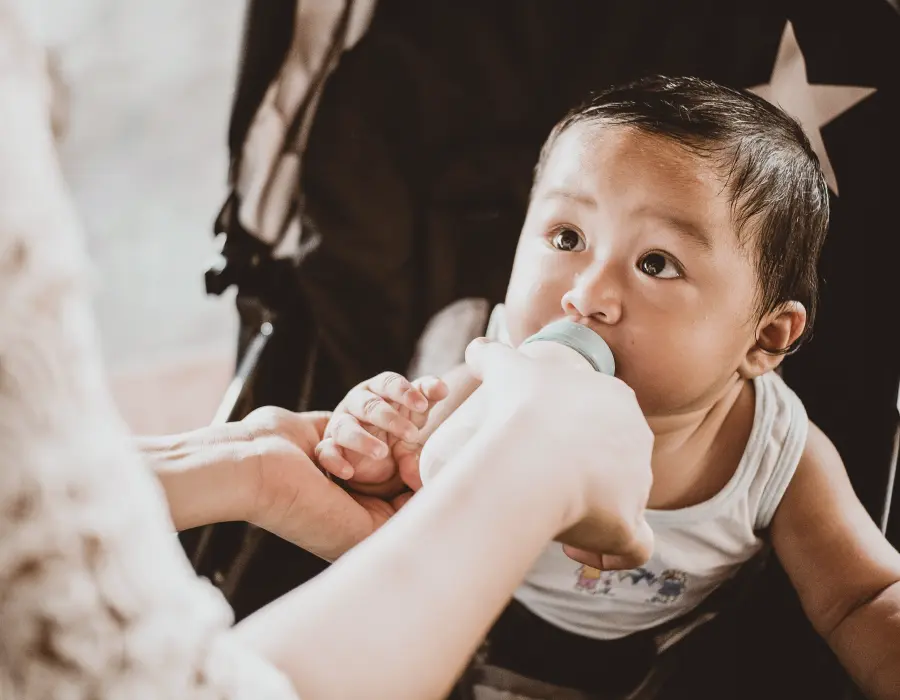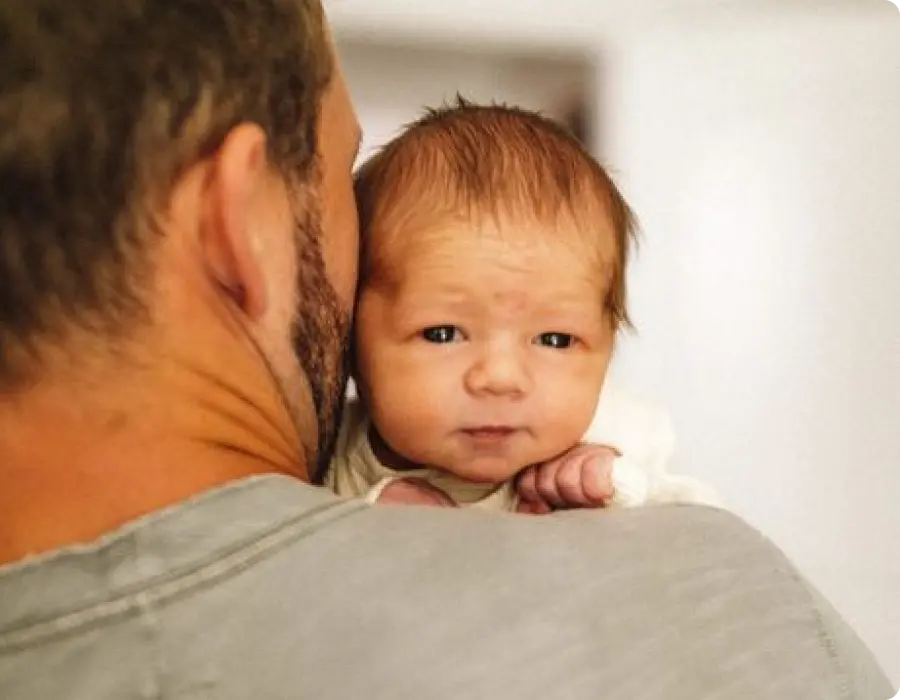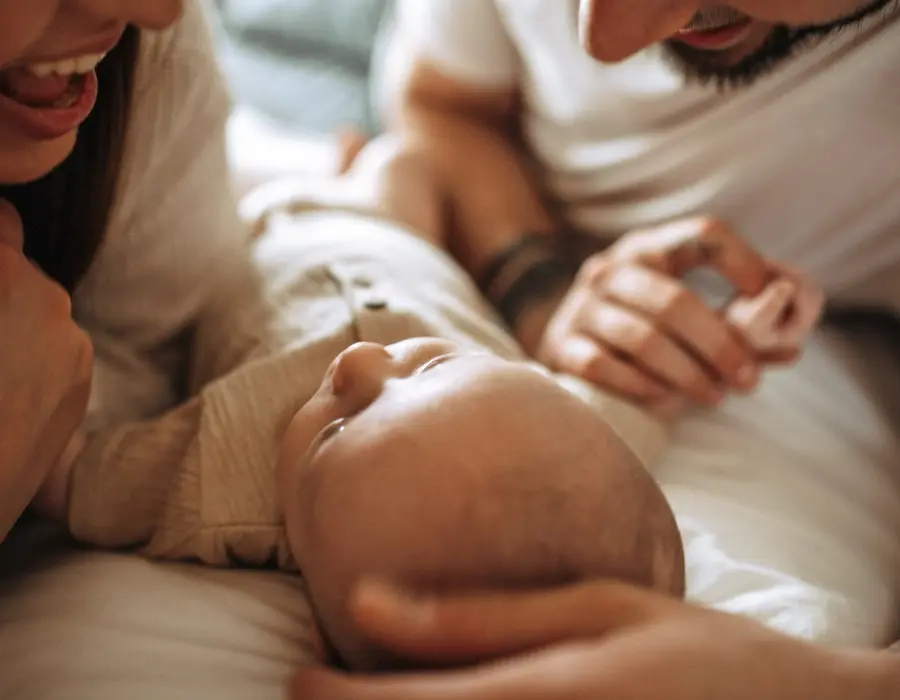Jump to:
Sometimes unexpected situations arise, but with a little preparation including a plan and extra supplies, you can ensure your baby’s needs are met.
To start with, keep up to date with notifications about power outages or warnings about weather or fires, so you are aware of any potential situation beforehand.
Prepare With Extra Supplies
Being prepared is the first step towards ensuring your baby’s well-being. Here are some essentials to have on hand:
- Stock up on extra baby supplies such as formula powder, nappies, medicine, shelf-stable food, and wipes.
- Keep filled water containers ready for use, or have bottled water.
- A thermos big enough for nearly a day to keep safe water warm is also handy.
- Dishwashing liquid, a bottle brush, anti-bacterial wipes and hand sanitiser for cleanliness.
- Explore sterilisation methods suitable for emergencies and ensure you have the supplies.
- Keep a torch or headtorch, with extra batteries, along with a fully charged power bank for your devices.
Safe Water Without Electricity
When facing power outages, here’s how to manage:
- Pre-boil tap water and store in baby bottles or clean containers so you have plenty on hand.
- Use household gas, a gas BBQ or camping stoves for boiling tap water, ensuring the water remains safe for use (e.g. not cloudy or dirty), as boiling does not remove other contaminants like dirt which would need to be filtered out.
- Bottled water, provided it is plain and not sparking.
Cleaning and Sterilising Equipment
Firstly, try to ensure everything is cleaned and sterilised before leaving home or losing electricity (if planned outage or storm coming).
Even without electricity, you can sterilise:
- Consider using chlorine-based tablets or solutions in cold water, and getting a collapsible bucket if you are not at home.
- Boiling water with feeding equipment submerged on household gas, gas BBQ or camping stoves, is another sterilisation method that can be used.
- Explore battery-operated UV sterilisers
If you don’t have clean bottles and teats, then babies can adapt and learn to drink from a clean cup if necessary.
Warming Baby's Milk
While baby’s milk does not need to be warmed, we understand that some babies prefer it that way. But babies can adapt to room temperature milk.
When electricity is unavailable, here’s how to warm your baby’s milk:
- Keep pre-boiled water warm in a thermos for up to 24 hours.
- Use household gas, a gas BBQ, or a camping stove to warm water.
- Consider the travel battery operated baby bottle warmers.
Remember, a little planning goes a long way in ensuring your baby’s well-being.
Stay safe!




